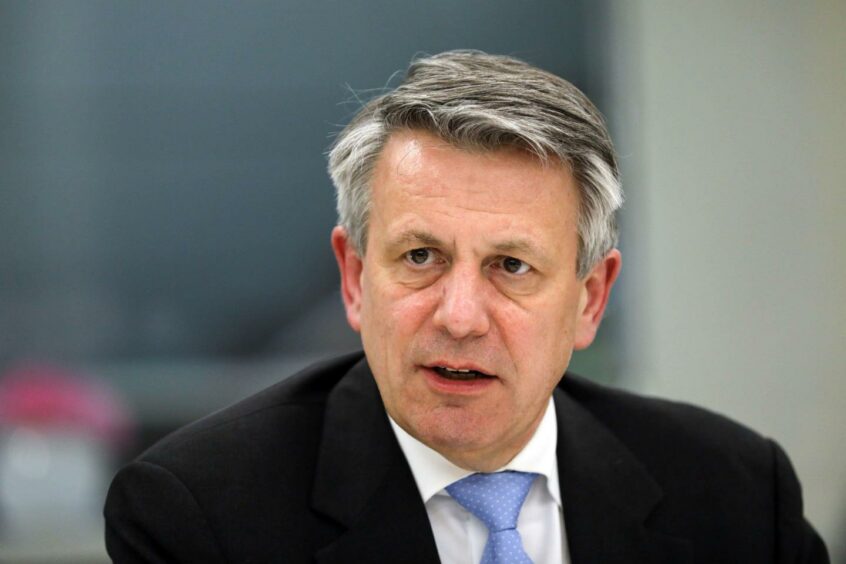
Shell (LON: SHEL) paid nothing in UK Government windfall tax during Q3 as a result of its investment in the North Sea, the oil giant has confirmed.
Outgoing CEO Ben van Beurden voiced his support of the levy on Thursday during a results presentation; his last at the helm of Shell.
The outgoing chief executive may be looking at windfall tax and similar measures favourably as his firm paid nothing in tax related to the levy, but the company said it does expect to make payments in Q1 2023.
Shell allotted charges of $361m during the quarter, though later clarified it was not liable for additional North Sea windfall tax payments owing to its heavy investment in the basin.
There are growing calls for British Prime Minister Rishi Sunak, who imposed the windfall tax in May when he was Chancellor of the Exchequer, to hit the sector with additional levies as he tries to fill a £35 billion hole in the country’s finances.
“Heavy capex has meant we haven’t had extra tax coming through,” the supermajor’s chief financial officer Sinead Gorman clarified to journalists attending Shell’s Q3 2022 results media Q&A.
Gorman further explained: “In the UK side of things, we’ve been heavily investing over the last couple of months, in effect getting making sure we get Pierce up and running.
“So from that point of view, heavy capex has meant we haven’t had heavy tax coming through in this quarter year but I expect that extra tax to happen quite early in Q1 2023 but we’ll see what plays out with prices as well.”
Support for windfall tax
Ben van Beurden, who is set to be replaced by Wael Sawan as of the start of next year, spoke of the energy profits levy as an inevitability during “these very difficult times”.
The outgoing Shell boss said: “It’s a societal reality that of course governments intervene and alleviate pressure on those who need that alleviation most.
“I think it is also a societal point that we have to accept that that governments will raise taxes for that and therefore I think we should be prepared and accept that.”
He explained that the energy sector should be working with governments to create policies that have the best outcomes for everyone.
Commenting: “We should not be surprised we should be, we should be helping governments to design the right policies.
“Of course, there are many different ways in how you can design Windfall, taxes, special levies, solidarity contributions, etc. and I think we should be at the table to make sure that these designs are correct and appropriate for us.”
These sentiments reflect statements the energy giant boss made earlier this month when he addressed a London conference earlier this month.
Ben van Beurden said that governments should be taxing energy firms to help the poorest of society, saying he has “flung open a door on windfall tax which the UK Government had been trying to close”.
As fuel prices continue to rise and big energy companies take home record profits, measures such as the UK’s energy profits levy are being discussed across Europe.
Speaking on such policies rolling out across mainland Europe, the Shell boss said: “We are ready and we are actually engaging with governments to see how that will play out, and I expect it to be in place somewhere in the course of next year.”
Recommended for you
